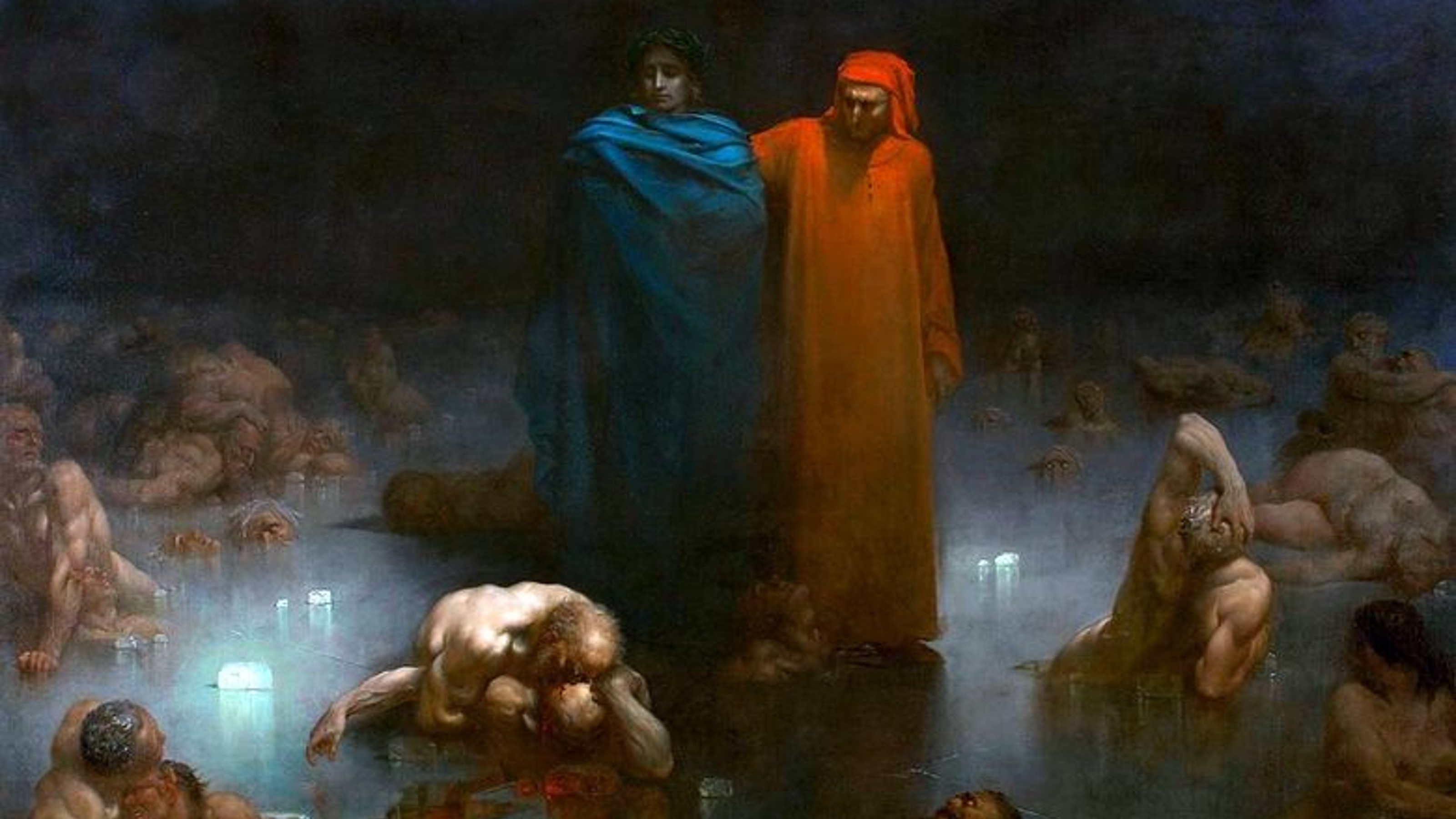When asked about how he overcomes writer’s block, TV writer Josh Lieb thinks about the glory of football.
Question: Have you ever had ‘writer’s block’?
Josh Lieb: Sure. I’ve had difficulty – you know what? It’s less ‘writer’s block’ I think where I just can’t think of something, and more intimidation. It’s not even facing the blank page because often hen I am revising something, its laziness. It’s I’m looking at it and I just don’t want to do it. It just seems insurmountable. And a journey of thousand miles begins with a sing step, blah, blah, blah. But it’s really hard to take that single step. So, yeah, I wouldn’t call it a block, I call it inertia. If you know the magnitude of what you’re running at, it can be very tough to get up that mountain. You just have to sort of forget about it for a little while and get started.
And then you feel like you’re noble. Then you feel like, damn, I did it. Screw that idea. I know it’s impossible. You know, I’m a goddamn man; I’m going up the fucking hill, big deal. I think my favorite movie about television writing is North Dallas Forty, which is about a football team. And there’s a – and I wish I remember it better now, but there is this wonderful soliloquy by John Metuzak who is an ex-football player who was playing a football player in a movie. At the end where he is just giving it to one of the coaches and he says, you know, it’s beautiful. He goes, “Every time we say it’s a game, you tell us it’s a business, and every time we say it’s a business, you tell us it’s a game. It can’t be both ways. It’s got to be more than just a business. It’s got to be a game; it’s got to be something we love.” And that’s kind of it. You can’t do this if you are just doing it for the paycheck, and you have to love what you are doing, but you also, you can’t just love what you’re doing. You have to treat it like a business, you have to treat it like, this is my goddamned job, somebody’s paying me to be here, I’m going to sit down, and I’m going to write this.
Recorded on: October 9, 2009. Interviewed by Paul Hoffman.





